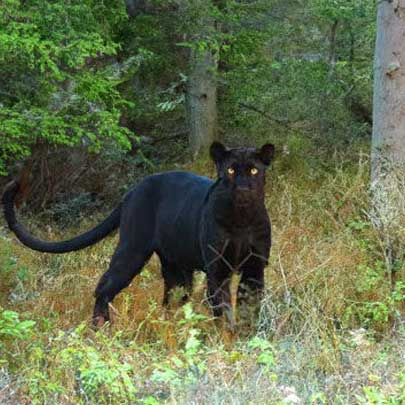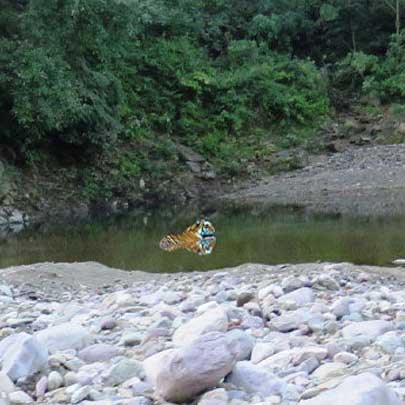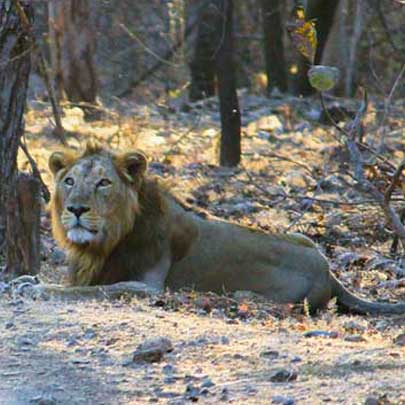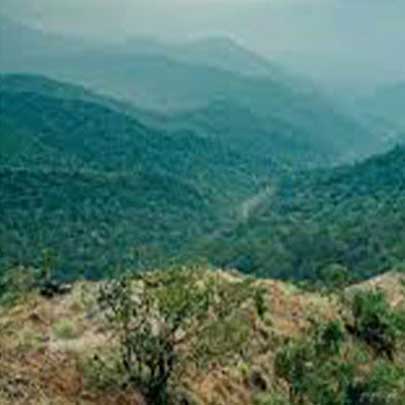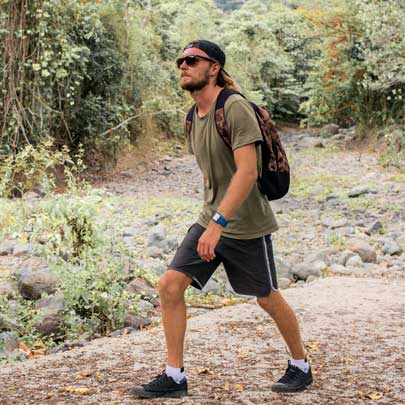Responsible Wildlife Tourism: Tips For Ethical Wildlife Encounters In Reserves And National Parks
Engaging in responsible wildlife tourism is crucial for preserving the natural habitats and species of reserves, national parks & sanctuaries. Here are some tips for ethical and responsible wildlife encounters during Wildlife Tours:
1. Follow Park Rules and Regulations:
- Familiarize yourself with the rules and guidelines of the specific park or reserve you plan to visit. These regulations are in place to protect both visitors and wildlife.
2. Respect Wildlife Distances:
- Maintain a safe and respectful distance from animals. Avoid approaching or disturbing them, especially during sensitive times like mating, feeding or raising their young.
3. Stay Quiet and Unobtrusive:
- Keep noise levels to a minimum to avoid startling or stressing wildlife. This allows you to observe their natural behaviors without causing undue disturbance.
4. Do Not Feed Wildlife:
- Feeding wildlife can disrupt their natural diets, lead to dependency on humans and create health issues. Do not offer food to animals under any circumstances.
5. No Littering:
- Carry out all trash and litter from the park. Dispose of waste responsibly to maintain the cleanliness of the natural environment.
6. Stay on Designated Paths:
- Stick to designated trails and paths to minimize your impact on the ecosystem. Off-roading and wandering off trails can harm fragile habitats.
7. Avoid Flash Photography:
- Flash photography can startle or distress wildlife, especially nocturnal animals. Use natural lighting or equipment designed for low-light conditions.
8. Be Patient and Quiet:
- Wildlife encounters can be unpredictable. Be patient and allow animals to come to you if they are comfortable. Avoid sudden movements or loud noises.
9. Respect Local Communities:
- Interact respectfully with local communities and indigenous people living near the parks. Follow their cultural norms and traditions and seek their guidance when appropriate.
10. Support Conservation Efforts: - Contribute to the protection of wildlife by supporting park entrance fees and participating in guided tours. Your financial support helps fund conservation initiatives.
11. Choose Responsible Tour Operators: - Select tour operators and accommodations that prioritize ethical and sustainable practices in wildlife tourism.
12. Educate Yourself: - Learn about the wildlife and ecosystems of the area you plan to visit. Knowledge enhances your appreciation and understanding of the natural world.
13. Report Violations: - If you witness any illegal activities, such as poaching or wildlife trafficking, report them to park authorities or local law enforcement.
14. Minimize Your Footprint: - Reduce your environmental impact by minimizing waste, conserving water and energy and choosing eco-friendly accommodations when possible.
By following these guidelines, you can enjoy wildlife encounters while minimizing your impact on the environment and contributing to the conservation efforts that protect the region's rich biodiversity. Responsible wildlife tourism helps ensure that future generations can continue to enjoy these incredible natural wonders.































